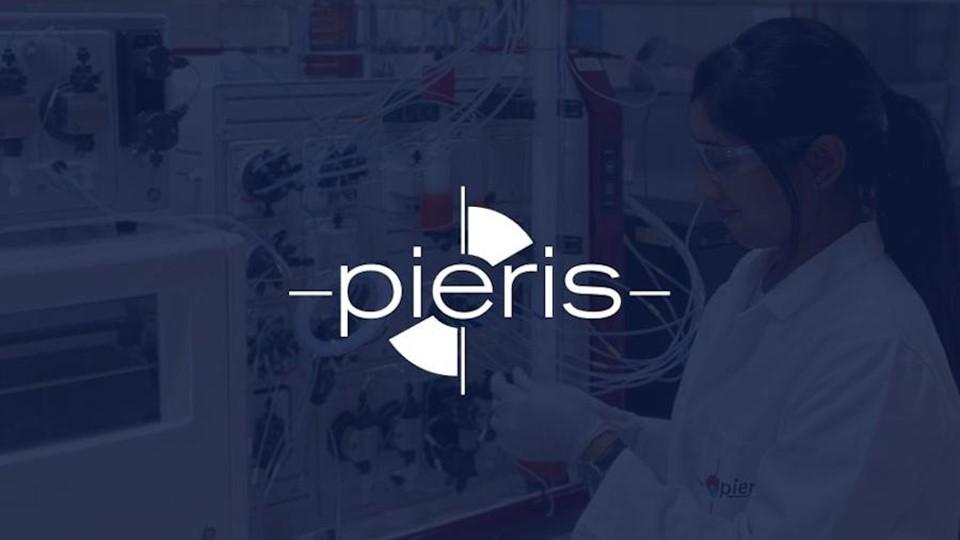Pieris wields axe after losing AZ as partner for elarekibep

AstraZeneca has terminated a partnership with Pieris Pharmaceuticals on respiratory drug candidate elarekibep, forcing the latter to slash staff and look into its “strategic options”.
AZ bought into the programme in 2017, paying $57.5 million upfront for options on up to five therapies based on Pieris’ Anticalin technology - designed to make protein drugs that have smaller molecule sizes and are easier to deliver - in a deal with a top value of $2.1 billion.
Inhaled IL-4 inhibitor elarekibep (formerly PRS-060) was the lead drug in that programme, and had advanced into a phase 2a trial in severe asthma patients. It was billed as a potential successor to AZ’s IL-5 inhibitor Fasenra (benralizumab), then in late-stage testing but approved in 2019 for severe eosinophilic asthma.
Since then, AZ has also claimed approval of first-in-class severe asthma therapy Tezspire (tezepelumab), a TSLP inhibitor partnered with Amgen that some analysts think has blockbuster sales potential.
In a stock exchange filing, Pieris said the decision was taken because of findings in a toxicology study in non-human primates, which prompted AZ to suspend the enrolment of patients into the phase 2a study last month.
At the time, it said the 13-week GLP toxicology study with dry powder inhaler formulation of elarekibep was “not a concern for the active clinical studies”, but did not support “long-term use and progression to later-stage development”.
In its filing, Pieris said it would reduce its headcount by around 70% before the end of the year and look into options for the business, including potentially finding partners for PRS-220 and PRS-400, two preclinical-stage Anticalin drugs for respiratory diseases.
Also on the table is re-starting clinical development of cinrebafusp alfa (PRS-343), a cancer immunotherapy that was sidelined last year to reduce costs, while Pieris concentrated on developing elarekibep.
Cinrebafusp alfa is a bispecific fusion protein targeting HER2 and CD137 that had progressed into a clinical trial as a therapy for relapsed or refractory HER2-positive gastric cancer, showing a 100% overall response rate in five patients before being shelved.
That decision was taken a few months after AZ and Daiichi Sankyo’s fast-growing HER2 antibody-drug conjugate Enhertu (trastuzumab deruxtecan) was approved by the FDA for previously-treated HER2-positive gastric cancer.
Pieris chief executive Stephen Yoder also said that the company was exploring “whether our balance sheet, position as a public company, and other assets are of strategic value to a range of third parties”.
The company currently has around $55 million in cash reserves and expects to pay upwards of $3 million in costs related to staffing reductions.












